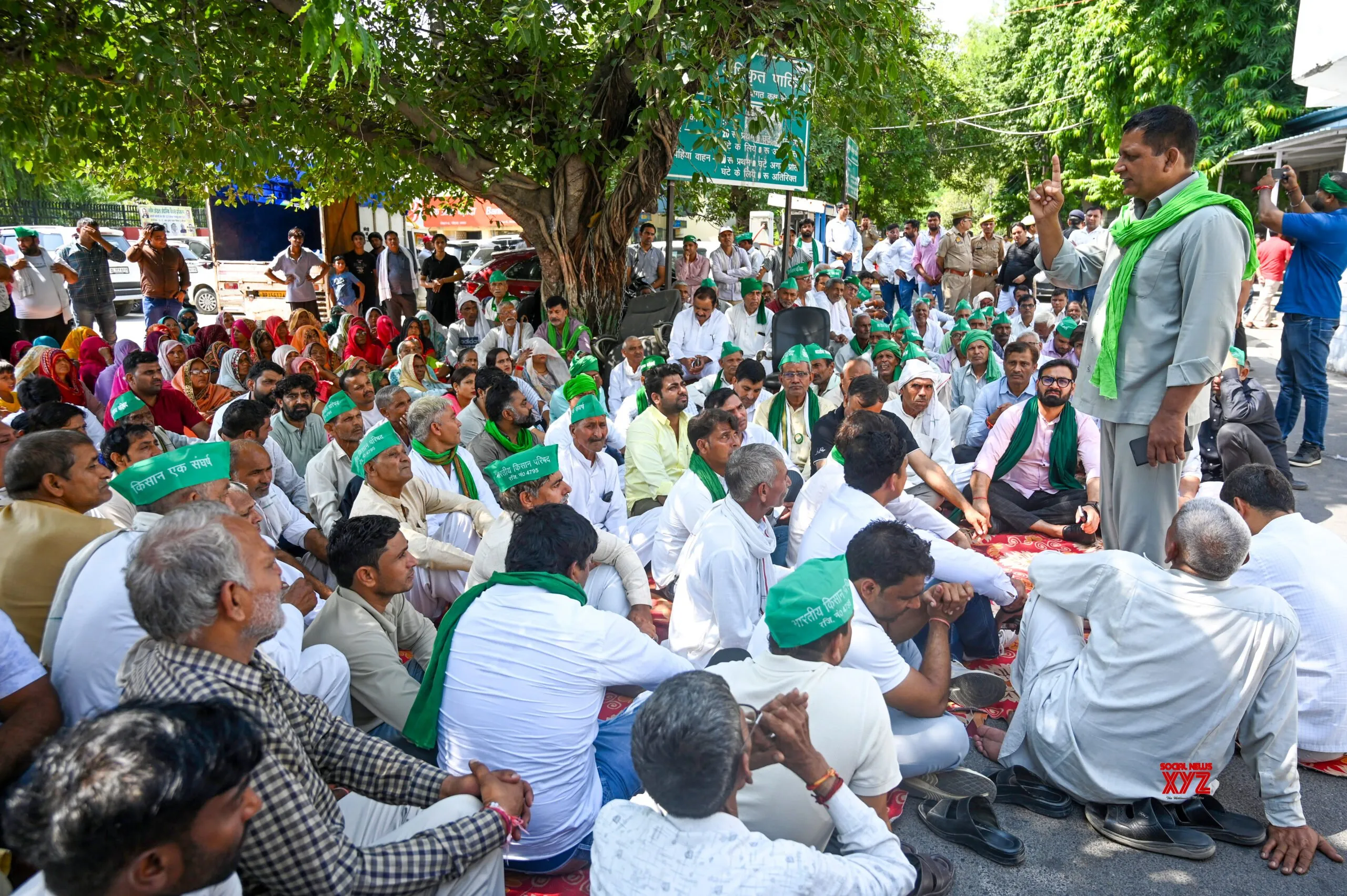
To the Editor:
Re “No President Should Have This Kind of Power” (editorial, Sept. 25):
This editorial, focusing on President Trump’s decision to blow up suspected drug-trafficking boats and kill suspected drug traffickers, is upsetting on so many levels — it was murder, illegal, a denial of due process and one man’s showmanship.
Also distressing are the supporting words of Secretary of State Marco Rubio, referring to one of the boats: “Instead of interdicting it, on the president’s orders, we blew it up — and it’ll happen again.”
Mr. Rubio was confirmed by the Senate in a unanimous vote; he was the one cabinet member who offered a hope of rational statesmanship in his role. Yet he, too, has become a pawn of a president who would be king — and an incompetent, irrational and vengeful one at that!
Carol Harrington
Yorktown Heights, N.Y.
To the Editor:
I was pleased to read your editorial calling out President Trump’s likely illegal and certainly immoral use of force against suspected drug traffickers. This administration has shown in many of its actions that it is eager to figure out exactly what it can get away with.
Sadly, the answer is that it can and will get away with much. Your editorial has run, Democrats in Congress will make speeches and life will go on. The president of the United States will have felt impunity to order executions without due process. He will surely do it again, perhaps even more recklessly or directed at American citizens.
There are those in this administration who will keep seeing what they can get away with until there is nothing left. Surely it would save us all time if the president’s supporters stated clearly what, if anything, would constitute a red line.
William McClain
Rockville, Md.
Improving Access to Social Security
To the Editor:
Re “Applying to College While Black,” by Justin Driver (Opinion guest essay, Sept. 14):
Professor Driver’s essay underscores a growing concern: Black students often feel pressure to frame their college essays around racial trauma. While some will choose to write about adversity, it is important that we not reduce Black identity to struggle alone.
In my 20 years in selective admissions, I’ve read thousands of essays. Far from “trauma dumping,” they often highlight joy, pride, community and ambition. Students write about the richness of their experiences and the inspiration of role models. My own children, for instance, might share the sense of empowerment they found in the careers of Black trailblazers like Justice Ketanji Brown Jackson or Oprah Winfrey. These are stories of strength, not victimhood.
Yet in Professor Driver’s piece — and in too many conversations about this topic — the role of historically Black colleges and universities is overlooked. For generations, H.B.C.U.s have produced some of the nation’s most influential Black leaders in politics, business, science, technology and culture. To focus only on Ivy League schools or highly selective institutions narrows the full picture of Black success.
Timothy L. Fields
Atlanta
The writer is a senior associate dean of undergraduate admission at Emory University and the co-author of “The Black Family’s Guide to College Admissions: A Conversation About Education, Parenting and Race.”



